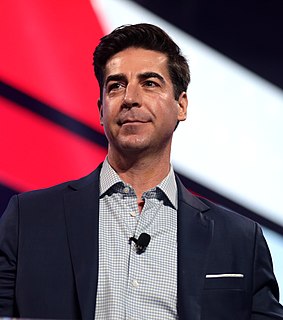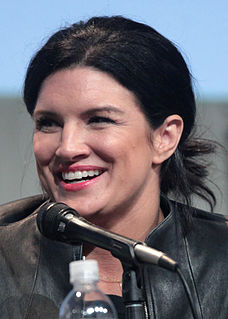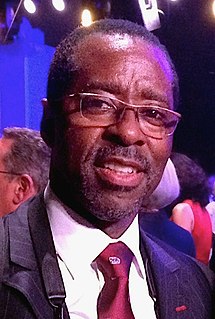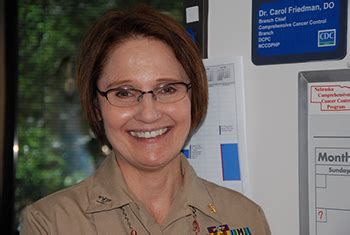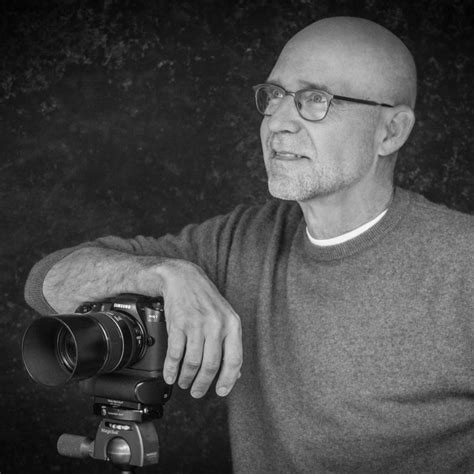A Quote by Leonard Nimoy
I have a master's degree in photography as a fine art, and I would call my work primarily conceptual. I don't carry cameras with me wherever I go. I get an idea of a subject matter I want to deal with and I pull out my cameras.
Related Quotes
I've been doing photography in one form or another for, oh golly, over seventy years. I don't carry cameras. I used to. For many years I carried cameras wherever I went. Photograph whatever I saw that was of interest. In the last years, I've only used cameras to explore thematic ideas which presented themselves first. And then bring out the cameras to try to explore that idea.
For a period of time, I carried cameras with me wherever I went, and then I realized that my interest in photography was turning toward the conceptual. So I wasn't carrying around cameras shooting stuff, I was developing concepts about what I wanted to shoot. And then I'd get the camera angle and do the job.
For a period of time, I carried cameras with me wherever I went, and then I realized that my interest in photography was turning toward the conceptual. So I wasn't carrying around cameras shooting stuff, I was developing concepts about what I wanted to shoot. And then I'd get the camera angle and do the job
It's possible to think of photography as an act of editing, a matter of where you put your rectangle pull it out or take it away. Sometimes people ask me about films, cameras and development times in order to find out how to do landscape photography. The first thing I do in landscape photography is go out there and talk to the land - form a relationship, ask permission, it's not about going out there like some paparazzi with a Leica and snapping a few pictures, before running off to print them.
I think there are two different types of people in television. There are people who can turn it on like a switch when the cameras go on, and then, when the cameras go off, they kind of lower it down a little bit. And then there are people who are on all the time, no matter if the cameras are there or not.
With photography, everything is in the eye and these days I feel young photographers are missing the point a bit. People always ask about cameras but it doesn't matter what camera you have. You can have the most modern camera in the world but if you don't have an eye, the camera is worthless. Young people know more about modern cameras and lighting than I do. When I started out in photography I didn't own an exposure meter - I couldn't , they didn't exist! I had to guess.
Everybody has their iPhone cameras, BlackBerry cameras, and I see those cameras pointed up at me all the time now, which is actually really good because of what it does for me and my band. There is no time for us not to be on our toes because they're on all the time whenever you're playing. I think it's very healthy.
I kind of - you learn it, you master it, and then you make sure that it just disappears. You know, like if I could have invisible lights, I would, and invisible cameras. I'm just really trying to get at my subject and I respect the technical aspect, but it is not anything that I think about at this point.
It's a pity I am so impatient and careless, as any ordinary person could learn all the techniques of photography in a week. It is the democratic art, i.e. technical skill is practically eliminated - the more foolproof cameras become with focusing and exposure gadgets the better - and artistic quality depends only on choice of subject.


